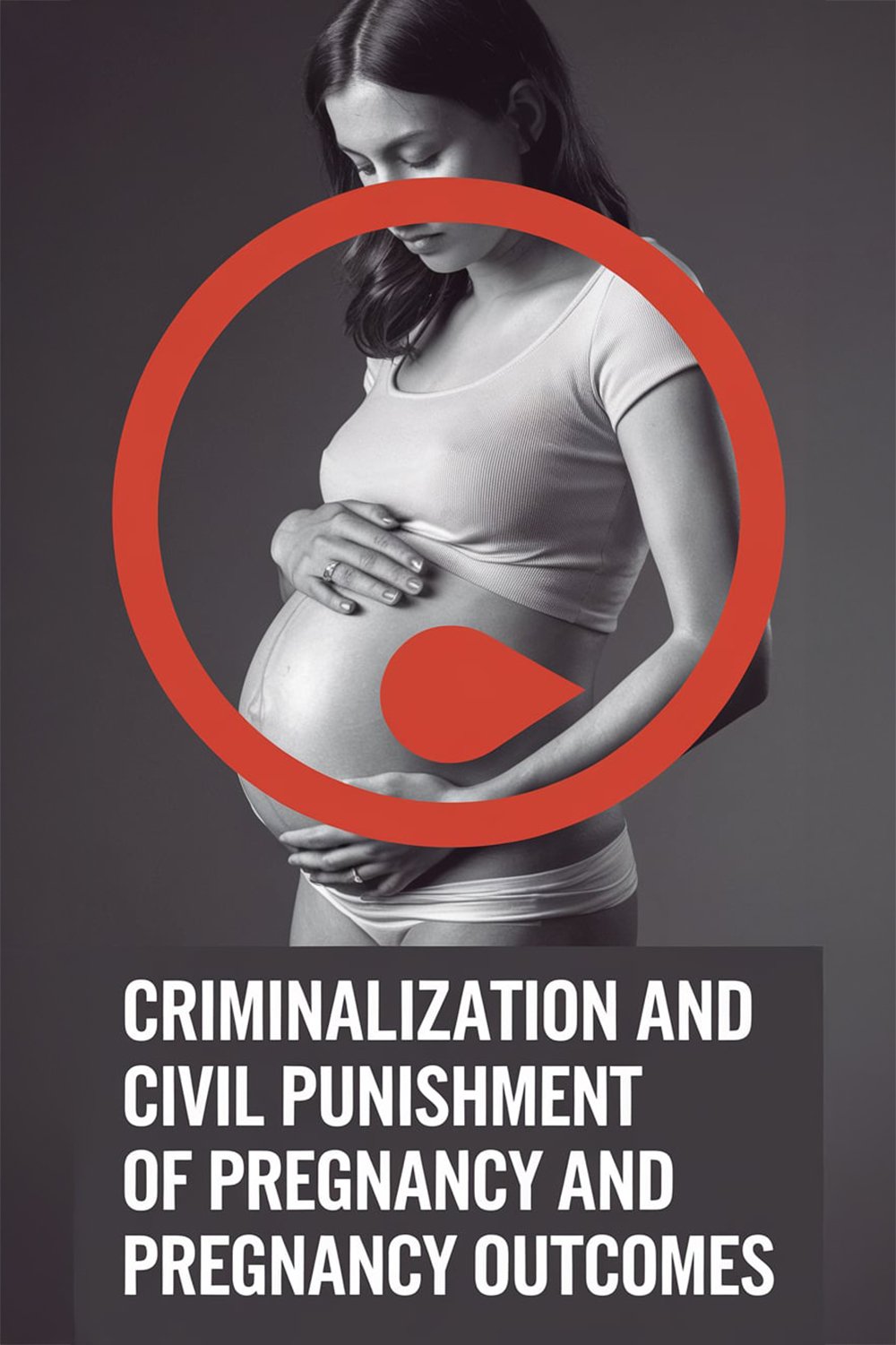If/when/How: Lawyering for Reproductive Justice, National Advocates for Pregnant Women, Movement for Family Power, and the signatory organizations are U.S. and international organizations dedicated to securing the rights and dignity of pregnant people and parents. They submit this joint report to the United Nations Universal Periodic Review of the United States of America, to specifically address the human rights concerns surrounding criminal and civil legal systems’ punitive actions against people because of their reproductive capacity.
Across the United States, people have been criminalized and punished based on their capacity for pregnancy, including allegedly causing harm or even merely risking harm to their own pregnancies.1 Child welfare authorities also subject pregnant people and parents to non- consensual drug testing, and court-ordered supervision and mandatory treatment programs after they become parents. These punitive government actions are a result of state and federal laws, law enforcement policies and judicial decisions, and are violative of individuals’ human rights, including but not limited to: life, equality and non-discrimination, bodily integrity, health and privacy.
The right to end a pregnancy is protected by the U.S. Constitution and no state currently has in effect a law explicitly criminalizing pregnancy loss. Nevertheless, prosecutors misuse a variety of laws, from: criminal child endangerment laws; to feticide laws; to antiquated laws criminalizing abortion, to prosecute people who have ended or lost a pregnancy or for other actions or omissions during a pregnancy,2 disregarding binding court decisions or explicit statutory language clarifying that these laws do not criminalize pregnancy loss or other circumstances of pregnancy.3 Prosecutions or civil proceedings against pregnant people improperly punish a pregnant person for their treatment of their own body.
This criminalization is calculated to enshrine in the law that fetuses should be treated as though they have rights in conflict with the person who carries and sustains them. This creates a second-class status for pregnant and postpartum people, who lose their rights to privacy and bodily integrity upon becoming pregnant and are singled out for surveillance and punishment.4
